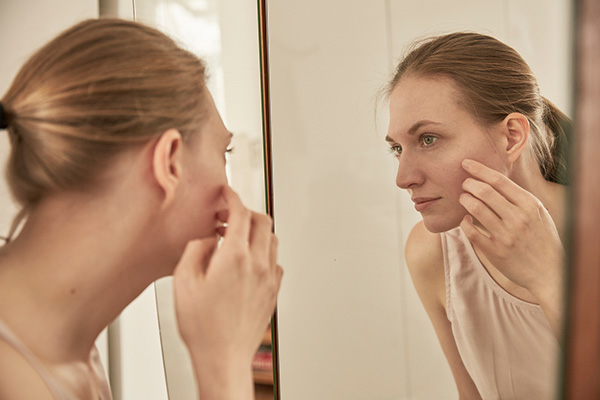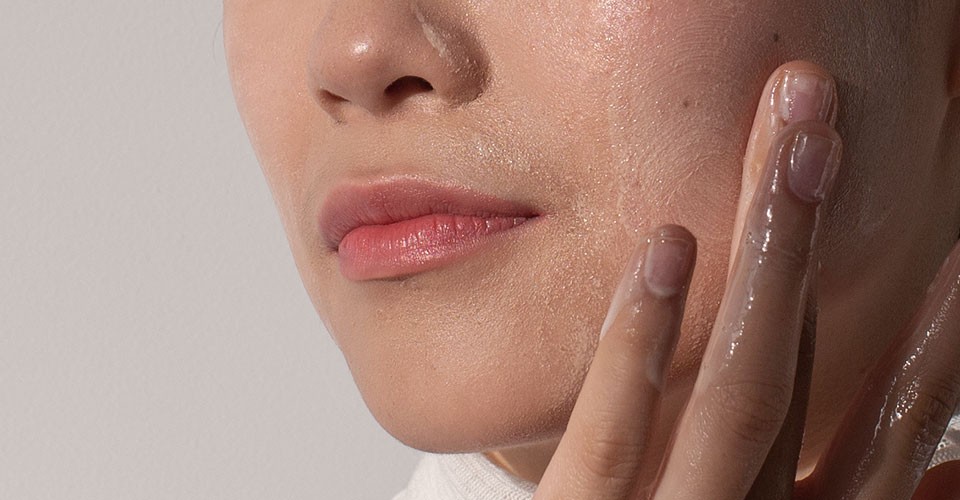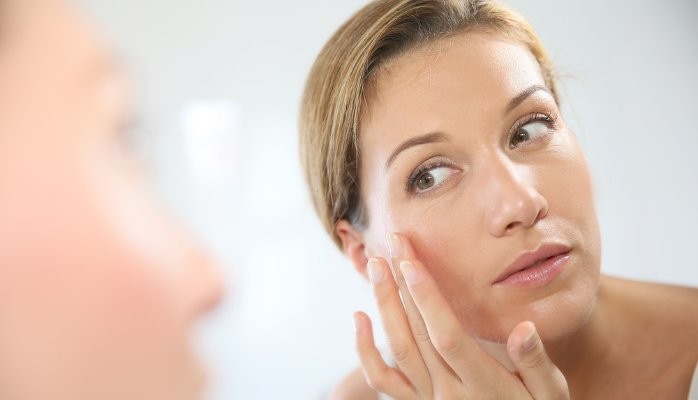What Age Does Psoriasis Start? Terrific Facts and Insights
Psoriasis is a chronic skin condition that affects millions of individuals globally. One of the most frequently asked questions by beauticians, patients, and families is: what age does psoriasis start? Understanding the age of onset not only aids in awareness but also helps in better management and early intervention. This article sheds light on the specifics of psoriasis onset, backed by the latest scientific insights and practical advice for beauticians.
Psoriasis can begin at any age, but it typically shows its initial symptoms between the ages of 15 and 35. This range can vary significantly based on genetic predisposition, environmental factors, and lifestyle choices. As we delve deeper, we will explore the implications of age on psoriasis, how to recognize early signs, and the best approaches to manage the symptoms effectively.

Understanding Psoriasis: An Overview
Psoriasis is characterized by the rapid growth of skin cells, leading to scaling and inflammation. The condition often presents itself as red patches covered with thick, silvery scales. Understanding these critical aspects can enable beauticians to provide necessary care and recommendations to clients suffering from this condition.
The Different Types of Psoriasis
Psoriasis manifests in various forms, each with its unique characteristics. The most common types include:
- Plaque Psoriasis: The most prevalent form, characterized by raised, red patches and silvery scales.
- Guttate Psoriasis: Often starts in childhood or young adulthood and appears as small, drop-shaped lesions.
- Inverse Psoriasis: Found in skin folds, it presents as smooth, red patches without scaling.
- Pustular Psoriasis: Contains white pustules surrounded by red skin.
- Erythrodermic Psoriasis: A severe form that can cover the entire body and causes intense itching and pain.
What Are the Common Symptoms?
Recognizing the symptoms of psoriasis is essential for timely intervention. Common symptoms include:
- Red patches of skin covered with thick, silvery scales
- Dry, cracked skin that may bleed
- Itching, burning, or soreness
- Thickened or pitted nails
- Swollen and stiff joints (in case of psoriatic arthritis)
Age Factors: When Does Psoriasis Typically Start?
As mentioned, the typical onset of psoriasis tends to fall between 15 and 35 years. Still, it can occur at any age, including childhood. Early encounters can often lead to significant emotional distress and self-esteem issues due to visible symptoms. Therefore, having knowledge about early management techniques can empower beauticians to recommend appropriate treatments.
Diagnosis and Understanding Triggers
Psoriasis is diagnosed primarily through physical examination of the skin. Occasionally, a dermatologist may perform a skin biopsy for confirmation. Recognizing triggers can also play a significant role in managing the condition. Common triggers include stress, infections, skin injuries, and certain medications.
Managing Psoriasis as a Beautician
Beauticians working with clients facing psoriasis must take a holistic approach to management. Here are several strategies that can yield positive results:
- Skincare Products: Use gentle, fragrance-free products to avoid irritation.
- Moisturization: Encouraging clients to keep their skin well-moisturized can alleviate dryness and scaling.
- Dietary Recommendations: A balanced diet rich in omega-3 fatty acids, antioxidants, and vitamins can improve skin health.
- Psychoeducation: Educating clients about their condition and helping them manage stress can reduce flare-ups.
- Referral to Dermatologists: If symptoms worsen, referring clients to a dermatologist for medical treatments is crucial.
Real-Life Impact of Psoriasis
The emotional and psychological toll of psoriasis is profound. Many clients may experience anxiety, depression, or social isolation due to visible symptoms. Friends, family, and beauticians can assist clients by providing a supportive environment and encouraging open conversations about their challenges.
Important Treatments Approved for Managing Symptoms
Treatment for psoriasis often depends on its severity and may include topical treatments, light therapy, or systemic medications. Topical ointments often include corticosteroids, vitamin D analogs, and retinoids. Phototherapy has emerged as another effective treatment, especially for areas that are hard to treat.

Frequently Asked Questions
What age can psoriasis start?
Psoriasis can begin at any age, but it commonly starts between 15 and 35 years.
Can children have psoriasis?
Yes, children can develop psoriasis, often showing symptoms similar to those seen in adults.
Is psoriasis contagious?
No, psoriasis is not contagious. It is an autoimmune condition caused by genetic and environmental factors.
In conclusion, by understanding what age does psoriasis start and how to manage it effectively, beauticians can play a vital role in offering clients valuable support. With proper knowledge, care, and advocacy, you can significantly improve the quality of life for individuals living with psoriasis.
For more information on managing psoriasis and its symptoms, you can visit How to Control Psoriasis or Best Treatments for Psoriasis.

